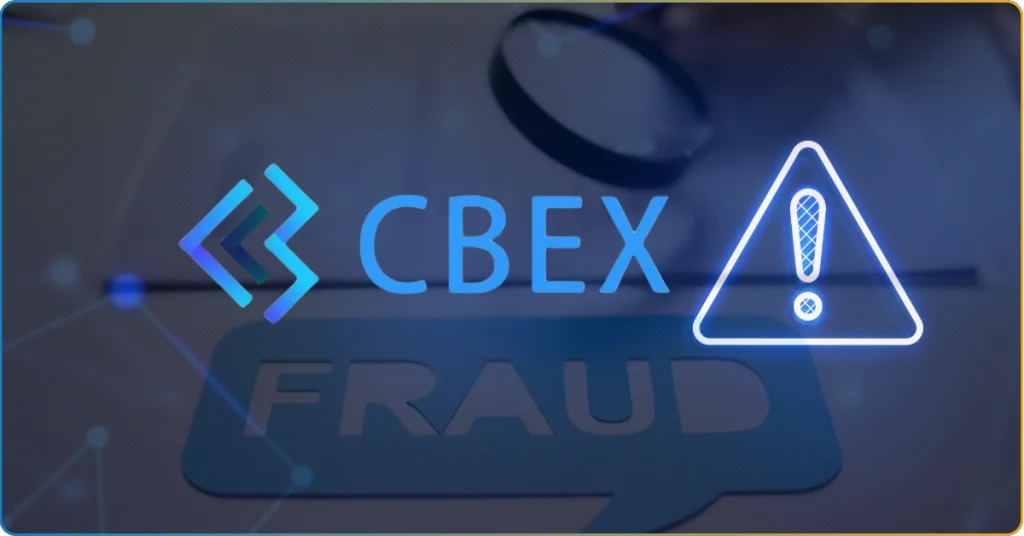In 2021, the South African cryptocurrency market was shaken as AfriCrypt was revealed to be an investment scam.
Operated by Raees Cajee (17) and Ameer Cajee (20), AfriCrypt managed to defraud thousands of unsuspecting South African investors with USD 3.6 billion (ZAR 54 billion) worth of Bitcoin.
The scam operation of was revealed to the public by the investigation’s unit of Independent Media. Following the revelation, the Cajee brothers claimed that the AfriCrypt trading platform was hacked. Ultimately, investors shouldn’t report the incident as it could delay the investigation.
In this TRU Insight, you’ll learn everything you need about the AfriCrypt investment scam. Read through, familiarize yourself with their practices, and learn how to spot such scams to protect yourself in the future.
What Is AfriCrypt and Its Investment Offering?
Founded by the Cajee brothers in 2019, AfriCrypt promised unsuspecting South African investors a guaranteed 10% monthly return.
The investment company offered three portfolio types to its members, catering to their risk appetite and investment goals. Here are the three portfolios they offered to South African investors:
- Passive Portfolio
- Passive-Aggressive
- Aggressive
The penetration of was mainly due to the success story of Raees, the 17-year-old brother. According to him, the 9-year-old Raees became interested in Bitcoin and cryptocurrency in general in 2009.
The Alleged Success Story of Raees Cajee
Due to Raees’ interest in digital currencies, he allegedly developed an AI-powered crypto-mining technology, which helped him mine over 100,000 units of Ethereum.
This success story cunningly deceived numerous celebrity investors, causing a domino effect in the South African investment market and pooling more investors into the multi-billion scheme.
Read More: Finfluencers in 2025: Can You Trust Them? : What Happened to AfriCrypt? Full Story of How Did Investors Lose 3.6 billion USD!Coupled with alluring promises, the created impression of credibility defrauded thousands of crypto investors. In the end, the Cajee brothers garnered an estimated 69,000 bitcoins, priced at around USD 3.6 billion (ZAR 54 billion).
From its introduction, AfriCrypt successfully penetrated the South African market. Both Ameer Cajee (Chief Operation Officer) and Raees Cajee (Chief Executive Officer) entered the mainstream market and endorsed the investment platform to the public.
This ultimately created an air of trust among the public as legitimate individuals represented the company.
For two years, the investors had smooth investment experiences. However, the year 2021 changed the game for them – when the Independent Media’s investigation unit released a paper detailing the potential scam operation of AfriCrypt.
What Happened to AfriCrypt in 2021?
The scam operation of was revealed by the investigations unit of Independent Media. Through a published paper, the media revealed the potential fraud operations of AfriCrypt.
A day after the scam exposure, the investment platform collapsed as withdrawal became inaccessible.
However, AfriCrypt COO Ameer Cajee stated that the platform didn’t collapse. Instead, it was hacked, and all the assets, including all the pooled 69,000 bitcoin investments, were taken.
The COO urged the members not to report the incident to any legal authorities as doing so would cause a delay in the investigation process.
Unfortunately, the lost investments became untraceable together with the Cajee brothers. According to Bloomberg, the brothers pulled out the money from the FNB (AfriCrypt’s banking partner) and wired it to various international accounts.
Is FNB Affiliated with the AfriCrypt?
According to Bloomberg, FNB banked all the assets of AfriCrypt, including the pooled investments.
To clear the bank’s name, the FNB spokesperson Nadiah Maharaj firmly declined the speculation that FNB has a banking relationship with the fraud-accused cryptocurrency company.
However, Maharaj stated that the client confidentiality policy prohibits the bank from releasing information about a specific bank account.
















